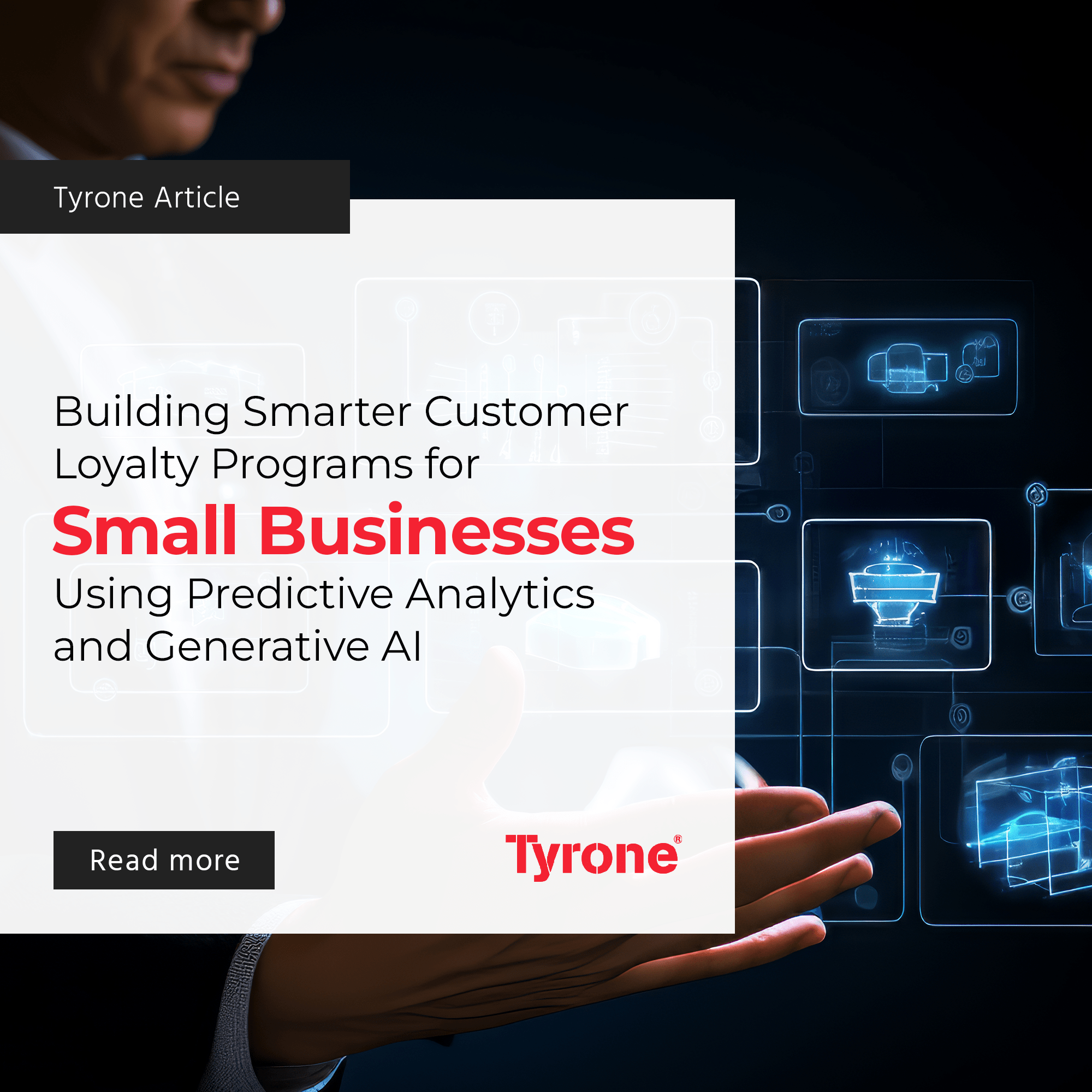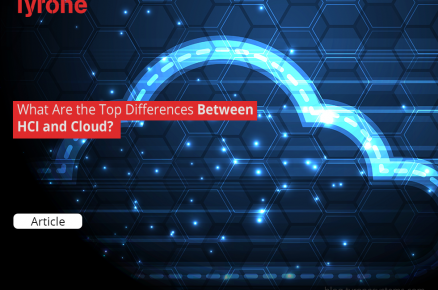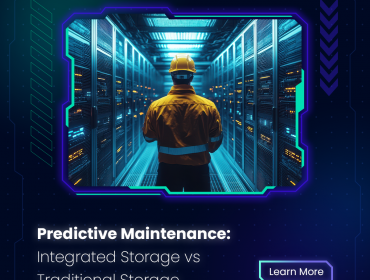In today’s competitive market, small businesses must leverage advanced technologies to foster customer loyalty effectively. Predictive analytics and generative artificial intelligence (AI) offer powerful tools to enhance loyalty programs, providing personalized experiences that drive customer retention and business growth.
The Growing Importance of AI in Customer Loyalty
Artificial intelligence has become integral to modern customer loyalty strategies. A survey by the U.S. Chamber of Commerce and Teneo revealed that 98% of small businesses are utilizing AI-enabled tools, with 40% employing generative AI applications such as chatbots and image creation (Source: Associated Press). This widespread adoption underscores AI’s role in transforming customer engagement and loyalty initiatives.
Predictive Analytics: Anticipating Customer Needs
Predictive analytics involves analyzing historical data to forecast future customer behaviors and preferences. By identifying patterns, small businesses can anticipate customer needs, allowing for proactive engagement strategies. For instance, AI-driven predictive models can help businesses identify customers at risk of disengagement, enabling targeted interventions to retain them.

Generative AI: Crafting Personalized Experiences
Generative AI enhances customer loyalty programs by creating personalized content and interactions. AI-powered chatbots, for example, can provide real-time, tailored responses to customer inquiries, improving satisfaction and loyalty. Additionally, AI can analyze customer data to offer personalized rewards, with studies showing that such personalization can lead to a 20% increase in customer satisfaction and a 15% increase in sales. (Source: MoldStud)
Implementing AI-Driven Loyalty Programs
To effectively integrate predictive analytics and generative AI into loyalty programs, small businesses should consider the following steps:
- Data Collection and Management: Gather comprehensive customer data, including purchase history, preferences, and feedback. This data forms the foundation for AI algorithms to generate accurate insights.
- AI Tool Selection: Choose AI solutions tailored to your business needs. For instance, AI-powered customer data platforms can unify and analyze customer information, enabling personalized marketing strategies.
- Personalization Strategies: Utilize AI to segment customers and deliver personalized rewards and communications. Research indicates that AI-enhanced loyalty programs see a 40% higher return on investment (ROI) (Source: SEO Sandwitch)
- Continuous Monitoring and Optimization: Regularly assess the performance of your AI-driven loyalty initiatives. AI tools can provide real-time analytics, allowing for swift adjustments to strategies based on customer responses.
Benefits for Small Businesses
Implementing AI-driven loyalty programs offers several advantages:
- Enhanced Customer Retention: Personalized experiences foster stronger customer relationships, leading to increased loyalty. Businesses using AI for predictive analytics have reported a 20% increase in customer retention rates (Source: MoldStud).
- Improved Operational Efficiency: AI automates routine tasks, allowing staff to focus on strategic initiatives. For example, AI-powered chatbots can handle common customer inquiries, reducing the workload on human agents.
- Competitive Advantage: Early adoption of AI technologies positions small businesses ahead of competitors. A study by The Social Shepherd indicated that 80% of retail companies expect to adopt AI by 2025, highlighting the growing trend (Source: CustomGPT).
Challenges and Considerations
While the benefits are substantial, small businesses should be mindful of potential challenges:
- Data Privacy: Ensuring compliance with data protection regulations is crucial when collecting and utilizing customer information.
- Resource Investment: Implementing AI solutions requires investment in technology and training. However, the long-term gains in efficiency and customer loyalty can offset these initial costs.
- Integration Complexity: Integrating AI tools with existing systems may present technical challenges. Partnering with experienced providers can facilitate a smoother transition.

Conclusion
Leveraging predictive analytics and generative AI enables small businesses to build smarter, more effective customer loyalty programs. By anticipating customer needs and delivering personalized experiences, businesses can enhance satisfaction, increase retention, and drive growth. As AI technologies continue to evolve, their strategic implementation will be key to maintaining a competitive edge in the marketplace.













3 Comments